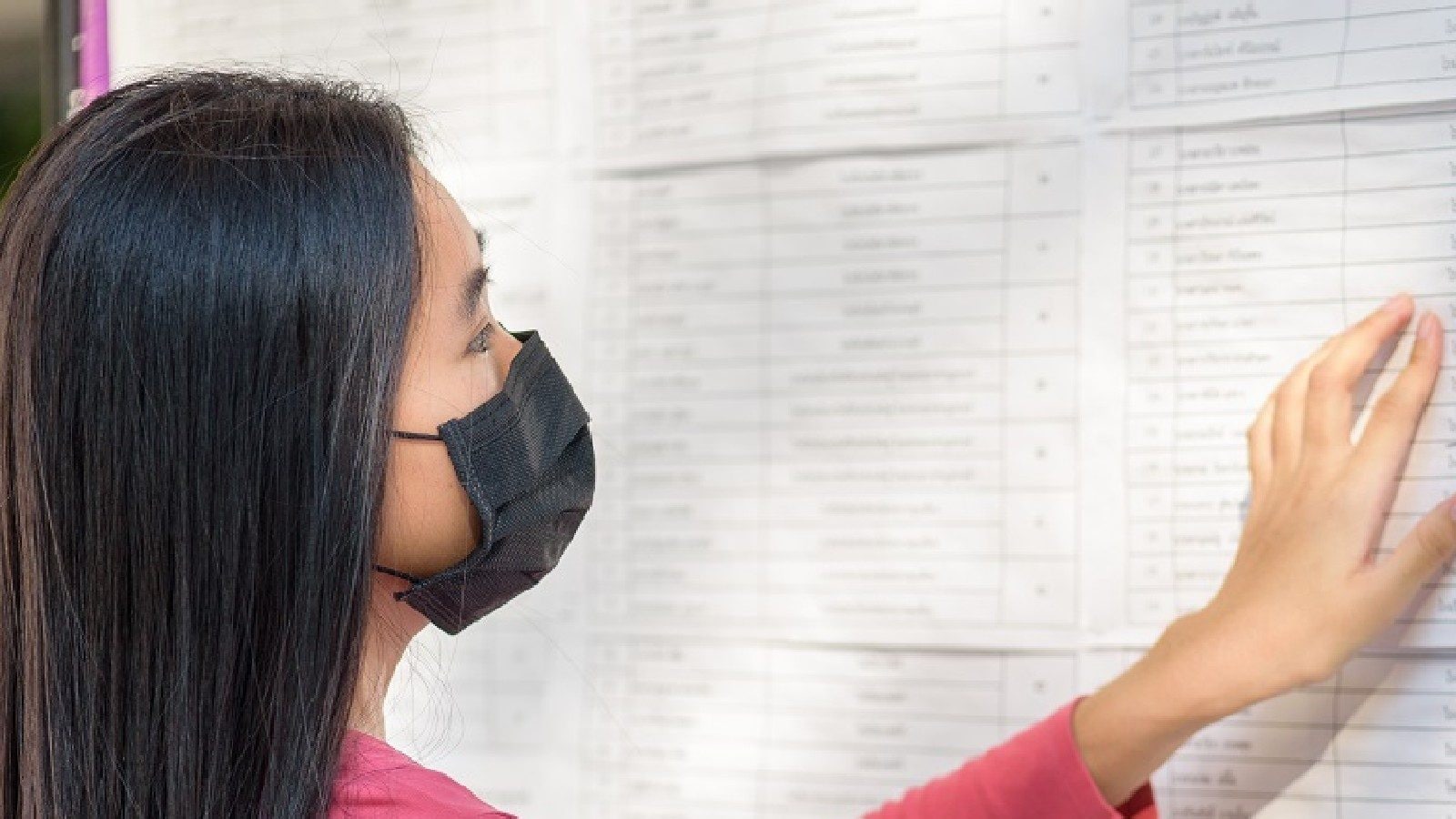ABC allows students to collect 50% of their programme credit from a university other than the one he or she is enrolled in.
DU will present this format at the Academic Council meeting on August 23. Delhi University Teachers’ Association is opposed to it as it means redefining and changing the university system into an open schooling one.
Under ABC, now a gazetted regulation, students can collect credits and accumulate them for a period of seven years. They have the flexibility of garnering 50% of their credits from institutions in the ABC pool and from online, such as SWAYAM and using them later even if they decide to take a break from studies.
The minutes of the meeting of DU’s high powered committee for deliberation on implementation of NEP, states, “It was recommended that multiple entries and exit schemes and ABC should be implemented in the university keeping in view the maintenance of standard of education by emphasising the core courses in the university and allowing the credits to be earned from other universities with respect to other courses.”
On the lateral entry/re-entry the committee added, “For students of other universities registered under ABC system, the lateral entry of eligible students will be allowed after an entrance test. The seats for lateral entry may be worked out on the basis of academic and infrastructural facilities available keeping in view the relevant norms, such as student-teacher ratio, teaching non-teaching staff ratio laboratory, library teaching-learning tools etc.”
However, many teachers felt this was going to destroy the health of higher education institutions and lead to the meaningfulness of a degree.
Abha Dev Habib, physics teacher at Miranda House, contented, “The Swayam regulation, ABC and blended learning regulations have to be seen together. This means that almost 70% of teaching-learning will go online. Under ABC, a student of a state university may want to study one paper from DU, and it will be in online mode. With online courses, there will no longer be a concept of teacher-student ratio, like in IGNOU which caters to 44 lakh students.”
Rajesh Jha, the political science teacher at Rajdhani College, described ABC as “putting the cart before the horse”.
“ABC has been coercively imposed on the universities under NEP 2020 to boost privatisation and contractualisation,” alleged Jha.
“This will adversely affect the quality of education in public-funded universities where half the students come from the reserved categories, including the economically disadvantaged groups.”
Source link




